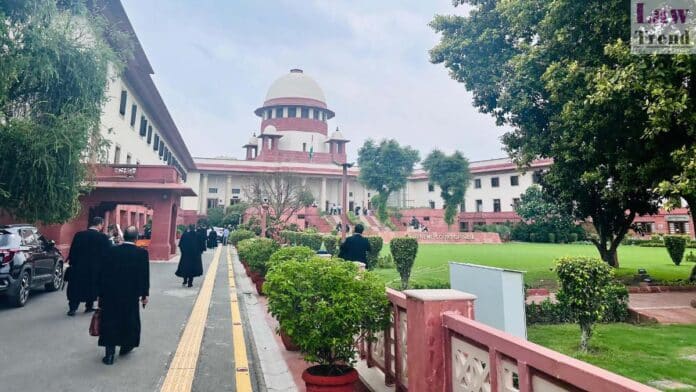The Supreme Court has commuted the death sentence awarded to a man convicted for the rape and murder of a 10-year-old girl in Uttarakhand, ruling that the brutality of a crime by itself cannot be the sole basis to classify a case as falling under the “rarest of rare” category warranting capital punishment. The judgment
To Read More Please Subscribe to VIP Membership for Unlimited Access to All the Articles, Download Available Copies of Judgments/Order, Acess to Central/State Bare Acts, Advertisement Free Content, Access to More than 4000 Legal Drafts( Readymade Editable Formats of Suits, Petitions, Writs, Legal Notices, Divorce Petitions, 138 Notices, Bail Applications etc.) in Hindi and English.




